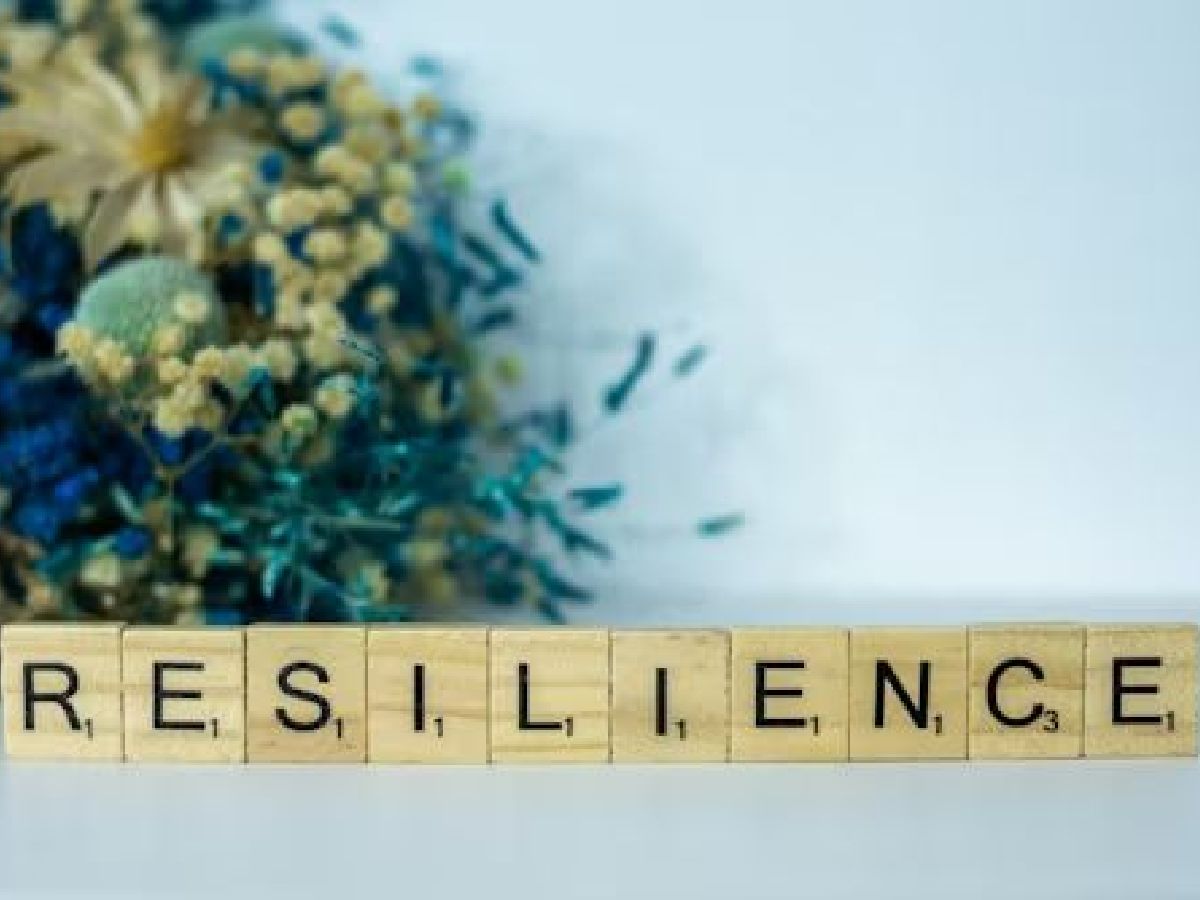Mental Resilience: The Silent Power Behind Success

In a world that often equates success with speed, visibility, and financial milestones, one quality continues to define the difference between temporary applause and lasting legacy: mental resilience.
As someone who juggles the unpredictable demands of entrepreneurship, the creativity of music, and the responsibility of preserving cultural heritage, I’ve come to realize that the greatest battles are not fought in boardrooms or on stage—they're fought silently in the mind.
The Inner Engine of Resilience
Resilience isn't about being immune to stress or failure. It’s about how you bounce back. It's the mindset that says, “I may not have control over the storm, but I can learn how to sail through it.”
My own journey hasn’t been linear. From launching ventures that didn’t take off, to facing criticism in my musical work, to navigating moments of cultural resistance when promoting heritage—there were times I questioned my path. But in each moment of doubt, I found that resilience wasn’t something I reached for. It was something I had built over time, silently, through routines, self-reflection, and belief.
Lessons from Silence
There’s power in silence. In the early mornings before the city wakes, I make time to just sit and breathe. No devices. No distractions. Just stillness.
This daily ritual grounds me. It gives me space to hear my thoughts without the noise of judgment or expectation. It’s during these moments that I reconnect with my purpose—why I create, why I lead, and why I serve the community.
Mental resilience starts in the quiet. It’s not forged in chaos but in clarity. And to find that clarity, we must learn to listen—to ourselves.
When Failure Is Your Teacher
Every entrepreneur has a story of failure. But few talk about how it feels—the self-doubt, the fear of being judged, the pressure to bounce back quickly. I’ve had business ideas that didn’t work. I’ve invested time and heart into projects that didn’t resonate with audiences.
But here’s the truth: failure is not the opposite of success—it’s a part of it.
Resilience taught me not to run from these moments, but to stand still and extract the lesson. What could I have done better? What part of this wasn’t aligned with my core values? What did this failure teach me about people, about leadership, about myself?
These moments didn’t break me. They built me.
Music: Therapy and Teacher
Music has always been more than art for me. It’s medicine. It’s meditation. It’s truth.
When words fail, music speaks. There were times when my mind felt too full—of expectations, noise, plans—and I couldn’t make sense of it. Sitting down with an instrument, even for ten minutes, allowed me to channel that chaos into something meaningful.
Music has taught me that mental resilience is also emotional intelligence. It’s knowing how to feel deeply without being consumed by it. It’s the ability to express vulnerability while still standing tall.
Culture and Identity: Anchors in a Shifting World
Being a promoter of Newar culture in a rapidly globalizing world isn’t always easy. At times, tradition is seen as outdated. At other times, it’s misrepresented or romanticized.
I’ve faced both indifference and resistance in my efforts. But my cultural identity keeps me grounded. It reminds me that I come from a lineage of builders, dreamers, and creators who held onto their values even in times of adversity.
Resilience, for me, is rooted in belonging. When the world feels too big or too fast, I return to the songs, stories, and rituals of my ancestors. They remind me that we are not the first to endure pressure—and we won’t be the last.
Practical Habits for Building Mental Resilience
While philosophy and mindset are important, resilience is also built through habit. Here are a few personal practices that have helped me, and may help you:
1. Structured Morning Routine
I wake up early and avoid diving straight into my phone or emails. I spend the first 30 minutes in silence, followed by light movement and reflection. This sets a calm tone for the day.
2. Journaling
Every evening, I spend 10–15 minutes writing down what went well, what challenged me, and what I learned. This small habit sharpens awareness and reframes failure as growth.
3. Digital Boundaries
As a public figure, it’s tempting to constantly stay online. But I regularly take “tech detox” days where I disconnect to reconnect with nature, family, and self.
4. Creative Outlets
I make time for music—not for performance, but for the joy of creation. Whether it’s a few chords or humming a melody, it keeps my spirit nourished.
5. Cultural Connection
Engaging with my heritage—through food, festivals, or conversations with elders—keeps me aligned with something bigger than my individual struggles.
Final Thoughts
Mental resilience is not a switch you turn on. It’s a muscle you train—through intentionality, patience, and compassion for yourself.
Whether you are an entrepreneur navigating uncertainty, an artist facing rejection, or someone simply trying to show up in your life more fully—know this: you are allowed to feel, and still rise.
We all have our battles. But with resilience, we don’t just survive them—we transform through them.
“Resilience is not about being unshakable. It’s about learning to rise gracefully after each fall.” — Phiroj Singh

Traditional vs. Modern Lifestyle: Understanding the Shift

Eat Well, Live Well: Nutrition Basics for a Better You

Stress Less, Live More: A Guide to Mental Wellness






-1745569762.jpg)
-1745569762.jpg)
-1745569769.jpg)
-1745569771.jpg)